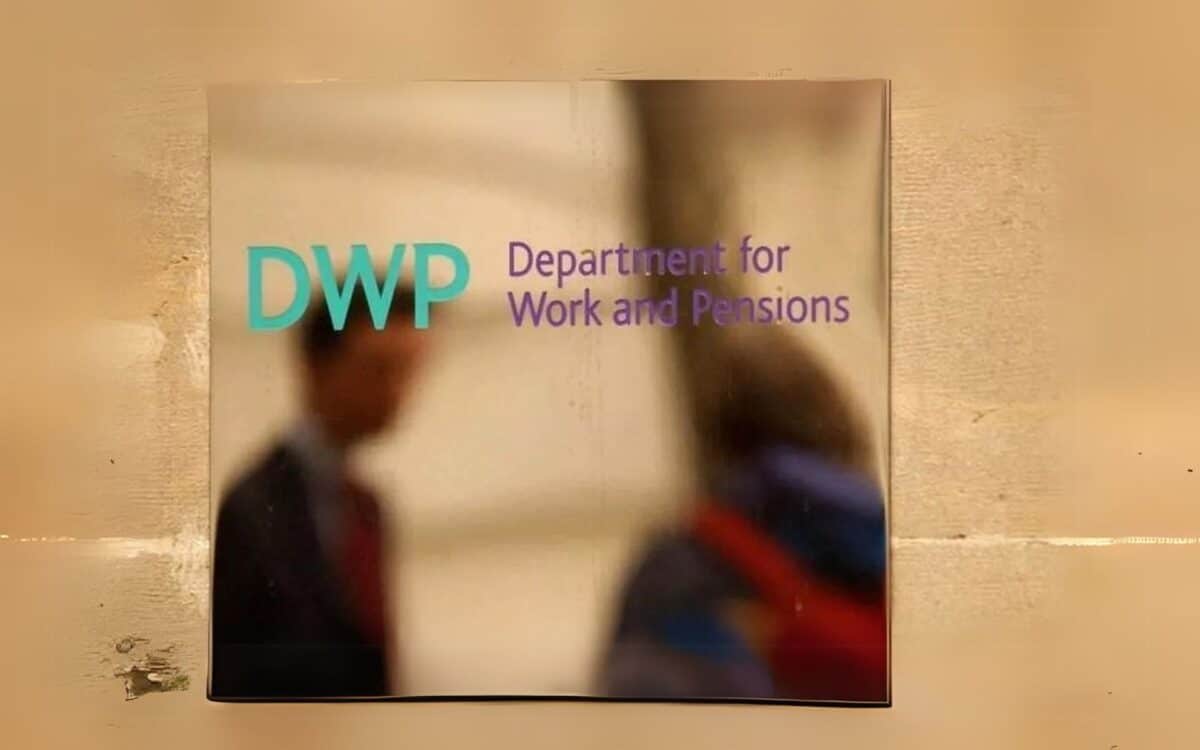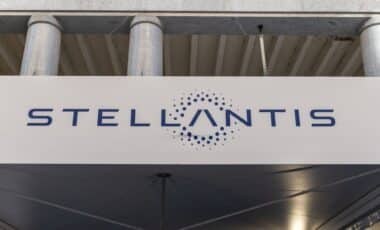The Department for Work and Pensions (DWP) has rolled out new legislation that could impact how non-benefit payments are handled. These payments, designed to provide financial assistance, are not classified as social security benefits.
According to DevonLive, the new rules allow the DWP to impose penalties on individuals who fraudulently claim these funds. The measures aim to tighten oversight and ensure that financial assistance programs are not exploited.
Expanding Penalties to Non-Benefit Payments
The new measures allow the DWP to apply penalties to individuals who fraudulently obtain non-benefit payments. These are financial amounts aimed at assisting individuals, either directly or indirectly, but are distinct from social security benefits. DWP Minister Andrew Western highlighted that the bill focuses on cases of clear fraud, not errors, stating,
We are talking about administrative penalties for situations in which we consider there to be a clear case of fraud, not error, so proportionality will not really be changed by the bill.
The scope of these new penalties is designed to extend beyond traditional benefits to encompass various financial assistance schemes.
What will change is our ability to extend the existing processes to non-benefit payments – said Western
Emphasising the shift in how the DWP can now address fraud in broader financial aid programs.
Targeting Specific Programs
One of the most frequently cited examples of non-benefit payments is the Kickstart scheme, introduced at the end of the pandemic to provide job placements for young people. Minister Western noted that this scheme was particularly vulnerable to abuse :
The example of a non-benefit payment that we use most routinely is a payment from the kickstart scheme, which came about at the end of the pandemic and which I think it is fair to say was open to abuse.
We saw some particularly egregious examples of that, so we want to make sure that any similar grant schemes—as opposed to benefit schemes—are within scope of these powers.
Additionally, the Access to Work programme, which assists people with disabilities or health conditions with work-related costs, will be one of the first programs included under these new powers.
However, the DWP will have flexibility to add other programs as new non-benefit payments are introduced. Western explained,
We will be able to prescribe in regulations which non-benefit payments will be within scope of the power.
Access to Work will be one of the first programmes to be included, and we will consider others on a case-by-case basis, as new payments are introduced. We need to retain some flexibility over it.
Ensuring Fairness Through Choice
The new legislation also introduces a significant shift in how fraud cases are handled. Under the new measures, individuals or employers who are found to have engaged in fraud will be given the option to either accept an administrative penalty or face prosecution.
This option is particularly aimed at first-time offenders or those who commit low-value fraud, with the goal of speeding up case resolutions and ensuring that the courts focus on more serious cases.
Minister Western emphasised that the change is focused on fairness, saying :
The measure gives individuals or colluding employers the choice to accept the administrative penalty or have the evidence reviewed before the courts. The change is really about fairness.
He further explained,
It will bring equity and parity to the way the Department tackles and addresses fraud and it will offer first-time offenders or those who commit low-value fraud an alternative to prosecution.
It will provide the individual or colluding employer with a choice, allow the courts to focus on the most serious crimes, and enable the department to resolve cases more quickly where appropriate.
Direct Bank Account Fund Recovery
Another critical component of the new legislation is the ability for DWP officials to directly withdraw funds from a person’s bank account if they have wrongfully received non-benefit payments.
Before taking any action, individuals will be given at least 28 days to dispute the claim. In addition, DWP investigators will review at least three months of bank statements to ensure that the funds in question were wrongfully received.
This new power is designed to streamline the process of recovering improperly received funds, which is expected to lead to faster resolutions of cases and reduce administrative burden on both individuals and the DWP.









